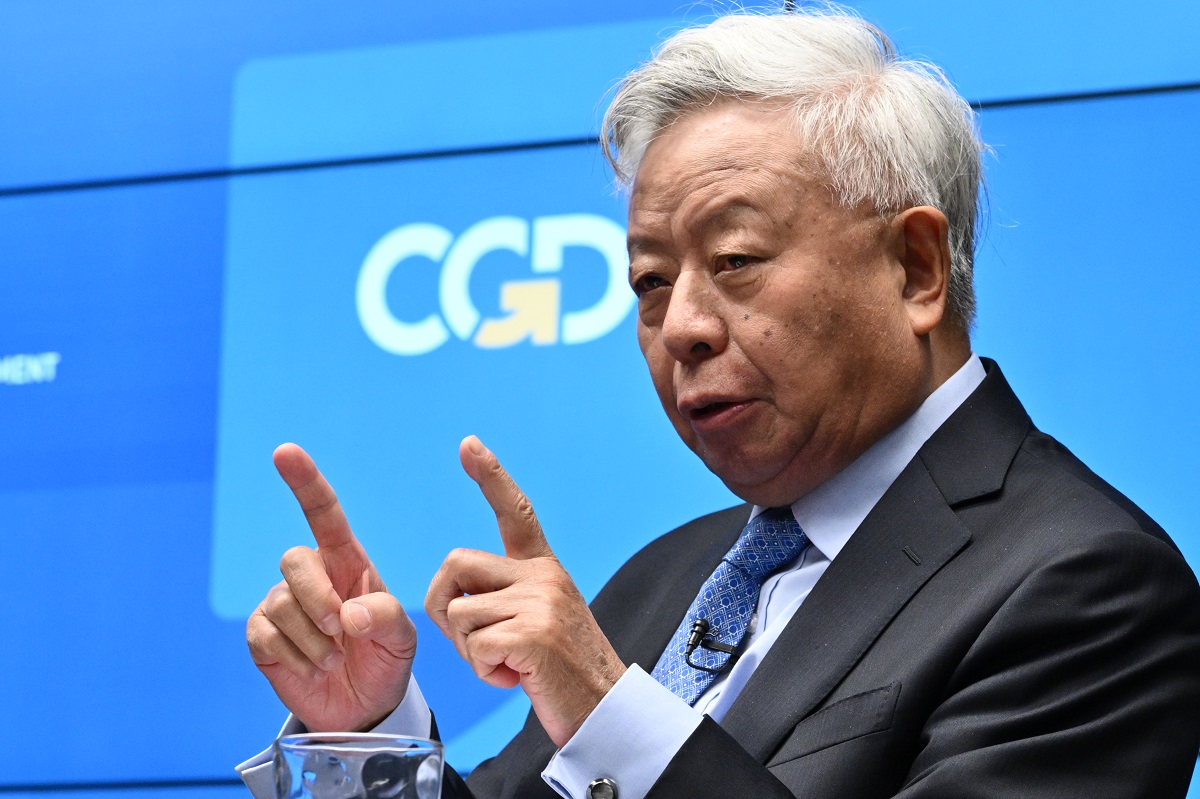Think about the plight of many of the poorest countries in the world: Governments may know that long-term national prosperity depends on getting children into school, teaching them well, and keeping them there until they’ve mastered reading, writing and arithmetic. But the social returns aren’t likely to come for more than a decade, when the six-year-olds of today enter the labor market. Until then, expanding access to education appears on the debit rather than the credit side of the ledger – and in countries where most are living on less than $2/day and the national economy is barely treading water, there is virtually no room for more government spending on schools, teachers, books and other basics. Failing to spend on education perpetuates poverty, but being poor means there’s nothing in the coffers to spend. That, friends, is a Catch-22.Enter the UK’s Gordon Brown and Secretary of State for International Development, Hilary Benn, who have just made a 10-year commitment of $15 billion to support basic education in the developing world, and particularly in the poorest African countries. That’s a more than four-fold increase over the UK’s record over the past 10 years. Yes, there are big challenges to make sure that money is well spent, and even more to see that the education translates into real earnings for the poorest. But this significant increase in aid for education, stretched out over long enough so that the investment can start yielding returns, easily gets the UK development policy a passing grade, with distinction.
CGD blog posts reflect the views of the authors, drawing on prior research and experience in their areas of expertise.
CGD is a nonpartisan, independent organization and does not take institutional positions.



